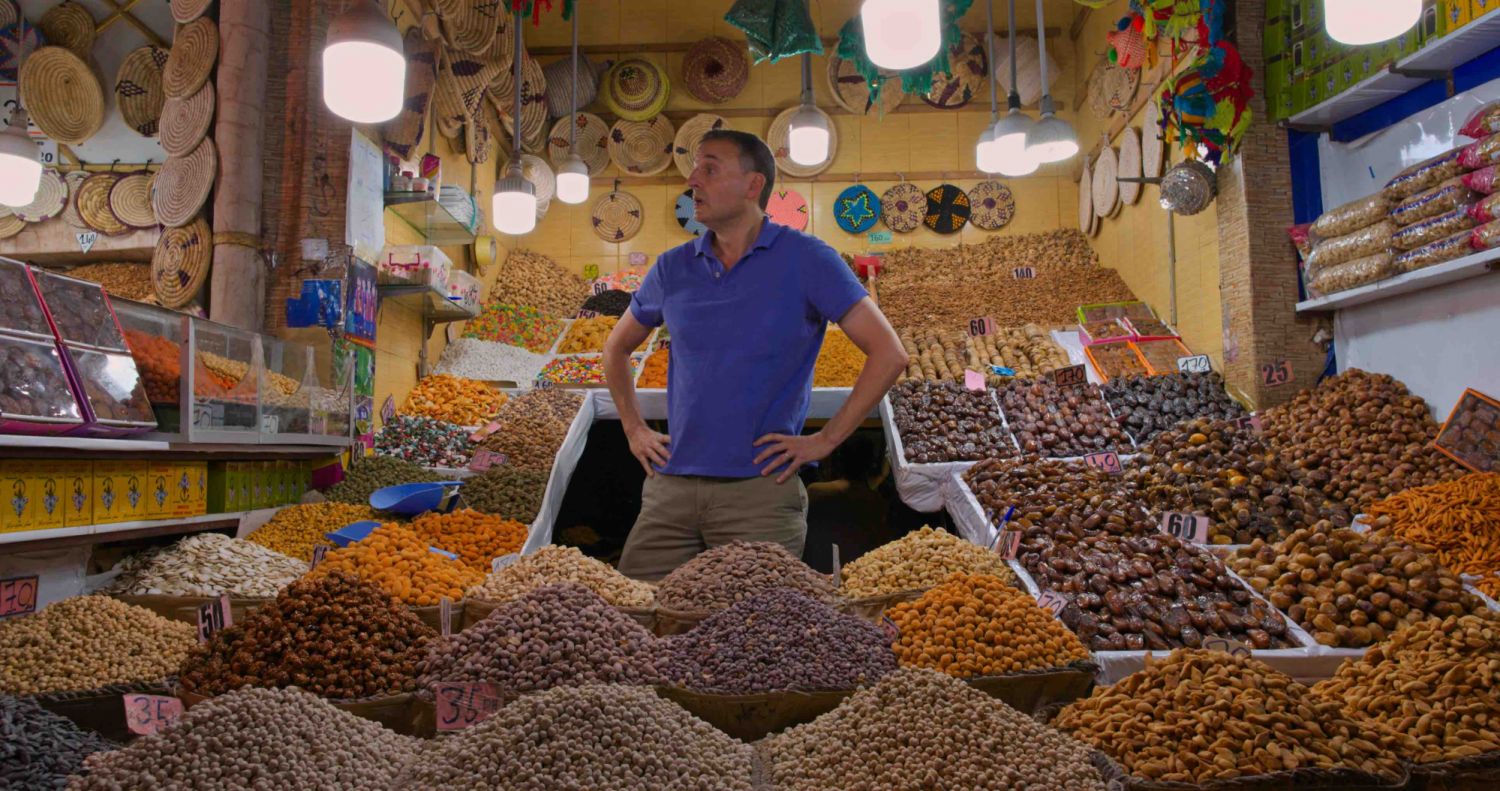Looking for something on screen to whet your appetite? We asked chefs and F&B professionals across Asia about their favourite food movies, documentaries and series
From Chef to Burnt to The Hundred-Foot Journey, there are a host of classic food movies, not to mention acclaimed documentaries—think Jiro Dreams of Sushi, food-related docu-series and TV shows out there. And they just keep coming. Recent release Boiling Point is a British drama starring Stephen Graham shot in a single take depicting a busy kitchen where everything that can go wrong in a night's service does, while Apple TV announced it will be producing Omnivore with filmmaker Cary Joji Fukunaga, director of Bond movie, No Time to Die, and renowned Noma chef René Redzepi. A documentary about José Andrés's World Central Kitchen titled We Feed People is also due out later this year.
Food plays such a key role in life that it's no wonder it makes it onto our screens, either as the dominant subject of a film or show, or as a vehicle for delivering commentary, developing emotion and so much more.
We asked chefs and F&B professionals from across Asia to spotlight their favourites or the ones that had made a lasting impression, which range from lesser known foreign language films, to universal favourites to the more surprising, including a sci-fi horror film and a movie that while not about food directly features a scene that has remained with one chef for some time and may make you return for a second viewing...
The Chinese Feast 金玉满堂
One of my all-time favourite food films is The Chinese Feast 金玉满堂, which is about a gangster who wants to move to Canada to begin a new life as a chef. I first watched it when I was 14, and it inspired me to work part-time as a kitchen helper and eventually become a professional chef. The movie has a strong and clear message: it’s okay to start from scratch, but continue to work hard and be better at what you do. This has become my lifelong goal.
While the film was released in 1995, it is still an accurate representation of today’s F&B industry in the sense that creativity is important in the kitchen and chefs must follow the market trends and adapt to these changes.
– Aaron Tan, Executive Chinese Chef, InterContintental Singapore, and Vice President, Society of Chinese Cuisine Chefs (Singapore), Singapore
